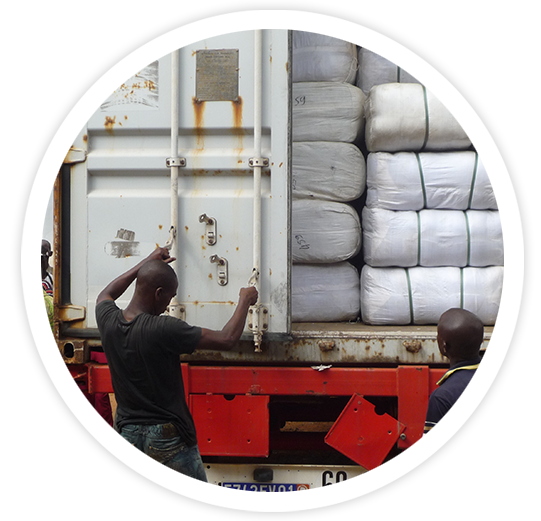
Working group chairs
- Joseph Lewinski, Independent Member; joseph.p.lewinski@gmail.com
- Jessica Rockwood, International Public Health Advisors; jrockwood@iphadvisors.com
As part of the structure of the AMP partnership, the Innovation and Evaluation Working Group’s (IEWG) mandate is to provide support to AMP members and countries by identifying and developing strategies to address emergent issues related to the planning, implementation, monitoring and evaluation of strategies and channels for increasing ITN ownership and use.
What do we do?
The IEWG is focused on identifying critical new and emerging issues affecting national malaria programme and partner progress towards achieving a goal of sustained access to ITNs.
Priorities include:
- Macro quantification: many national malaria programmes and partners have identified a challenge with accurate quantification of ITNs required, particularly for campaign distribution. The IEWG, in collaboration with Tropical Health, will collect information from national programmes about quantification at different points in campaign planning and implementation (e.g. macro-quantification for ITN procurement, microplanning, household registration and ITN distribution) in order to review existing quantification recommendations and provide information to the global AMP partnership around updated guidance that may be required.
- Reaching the last mile: in most countries implementing ITN distribution, there are populations living in hard-to-reach areas, as well as internally displaced persons (IDPs) and special population groups, that require adapted planning to ensure that they are reached. The IEWG will work with national malaria programmes and partners to identify innovative ways of reaching these populations and develop guidance and best practice case studies to complement AMP’s Operational guidance for ITN distribution in complex operating environments.
- Urban distribution: challenges with ITN distribution in urban areas, in particular during campaigns, have been identified over the past decade or more. The IEWG will work with national malaria programmes and partners to review approaches taken for ITN distribution in urban areas, both in terms of stratification and operations, to identify innovations and best practices that can be used to update existing guidance, as well as to develop case studies that can be disseminated with considerations for planning and implementing distribution of ITNs in urban areas.
- Waste management: while many national malaria programmes have switched to procurement of ITNs without individual packages to limit the volume of plastic waste generated through mass campaign distribution, waste is still generated that must be managed. Additionally, the deployment of new ITN types, many of which will be deployed (at least initially) with individual packages to maintain product integrity, will create a new challenge for national malaria programmes moving to multi-product campaigns. The IEWG will work with national malaria programmes and partners to better understand waste management challenges and to identify innovative solutions to those challenges that can be disseminated in the form of operational guidance and case studies focused on best practices.
- eHealth technologies: the need to improve the effectiveness and efficiency of ITN campaigns has been a high priority of national malaria programmes and partners for a number of years. Many countries are transitioning from paper-based to digital data collection systems in an effort to improve the quality of data collected and its timely availability for decision-making. The IEWG will work with national malaria programmes and partners to identify lessons learned, best practices and recommendations from countries that have made the transition to digital tools and will use operational guidance and case studies to disseminate information to programmes still at the start of their digital transition plans.
The IEWG, has worked with WHO on ITN container storage recommendations and will play a role in supporting the collection of further information about the effects of container storage on ITN quality.
Documents and Resources
- Consensus Statement on Repurposing ITNs: Applications for BCC Messaging and Actions at the Country Level
- AMP Emerging Issues Working Group Lunch
- ITN container storage recommendations: English | Français | Português
